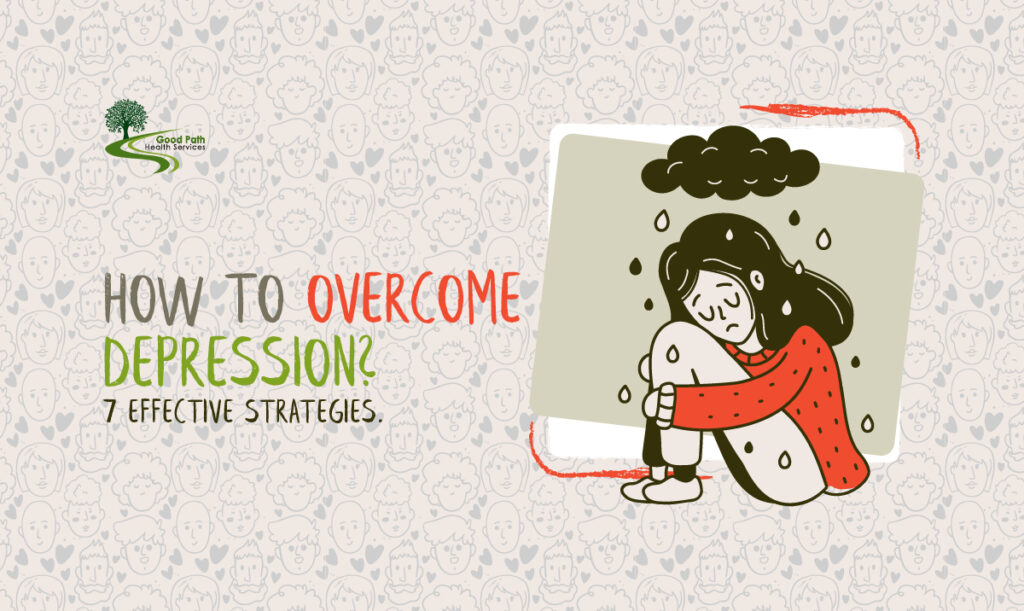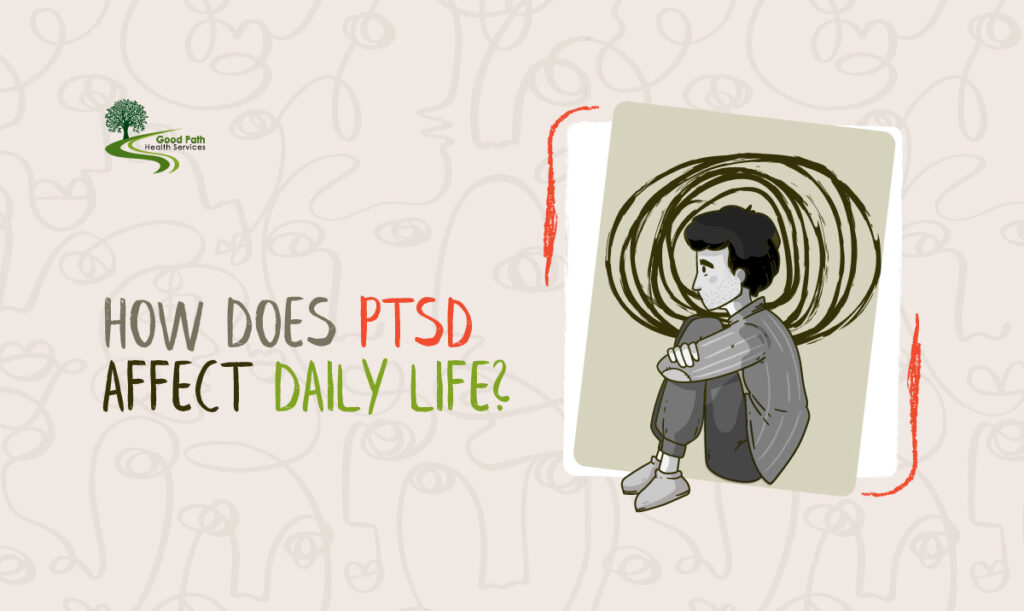
Attention deficit/hyperactivity disorder (ADHD) is one of the most prominent mental health conditions in children, teenagers, and adults.
ADHD can disrupt focus, energy levels, and how one handles impulses.
It’s true that ADHD is managed with medications, but sometimes, meds can have side effects – like dependency, heart issues, fatigue, and more.
Lots of people, especially parents of children with ADHD, are curious and exploring holistic routes to treatment.
They’re looking into natural remedies and treatment options rather than traditional treatments.
Fortunately, some strategies can help treat ADHD naturally.
Below, we’ll discuss the ways you can manage ADHD without the need for medication.
Read on if you’re interested in finding out.
Coping With ADHD Without Medication
Let’s talk about the natural treatments that can help manage your ADHD symptoms.
1. Nutrition and healthy foods.
Nutrition plays a really important part in cognitive function and mental wellness.
Those with ADHD must incorporate antioxidants, vitamins/minerals, and omega-3 fatty acids into their diets.
Eating less processed food and reducing sugar is as beneficial as avoiding food colorings and preservatives.
Balanced diets like the Mediterranean or DASH diets have also shown promise in reducing ADHD symptoms in children.
Also, there’s a chance that people dealing with ADHD have a deficiency of vitamins like B2, B6, and B9 – so intake of vitamin B for ADHD is important.
Also, Omega-3 fatty acids have a slight impact on reducing ADHD symptoms.
You can get checked for any nutritional deficiencies – also, consult your doctor about supplements that suit you.
2. Sleep habits.
Good sleep hygiene and a routine are big deals when it comes to managing ADHD symptoms.
Most people with ADHD have difficulty maintaining consistent sleep schedules.
Here’s what you can do to make sure your sleep routine isn’t getting disrupted in any way:
- Make a calming bedtime routine – you can set up a comfortable environment that makes you feel at ease.
- Don’t consume caffeine before bed since it can make you hyperactive.
- Limit your screen time.
- Don’t use blue light filters on your screen.
- Stick to your sleep schedule – try waking up and going to bed at consistent times.
3. Being outdoors.
Being outdoors can have a soothing effect on one’s mental health.
The sights and sounds of nature can lessen stress and anxiety – which are common struggles for some people with ADHD.
Outdoors provide an abundant and rich sensory environment.
Sometimes stepping on the grass, listening to birds, or observing natural green surroundings can feel like a grounding experience – it also helps focus the mind.
For people with ADHD, including green time into a daily schedule can provide comfort and stability.
Something as simple as walking outside or spending time in a park can make all the difference.
4. Exercise.
Daily movement is important – find an activity that you like doing.
It could be walking, biking, doing yoga or pilates.
Exercise and physical activity also can release neurotransmitters like dopamine and norepinephrine.
These are important when it comes to attention and focus.
Regular movement helps improve cognitive function, working memory, cognitive flexibility, and the ability to control impulses – all of which can be a problem for people with ADHD.
Take some time out of your day and exercise; you can even go outdoors if you feel like it.
5. Calming techniques.
Some calming techniques can be a good way to cope and manage your ADHD symptoms.
For instance:
- Mindfulness Meditation – Taking just a few moments each day to sit, breathe, and be present makes a huge difference. Meditation can help sharpen your focus, ease stress, and even help you sleep better.
- Journaling – Try jotting your thoughts down in a journal or a diary. Journaling can be a nice way to express your inner self and to make sense of your emotions.
These can help calm the mind and get you into a positive mindset for the day.
Get Therapy If Needed
Therapy is an effective method of treating ADHD. It can help reshape thoughts and behaviors – especially behavioral therapy – an umbrella phrase for several therapies.
This can also help build better social skills for people with ADHD.
Some effective therapies for ADHD are:
- Cognitive Behavioral Therapy, also called CBT
- Mindfulness-Based Cognitive Therapy
- Also, Family Therapy
If you’re in need of therapy, please contact us at Good Path Health Services.
With us, you can find an experienced ADHD therapist who will help you get better.
FAQs
What is a holistic approach to ADHD?
A holistic approach to ADHD looks at the whole person – which means looking after their physical, emotional, and lifestyle to control symptoms naturally.
How can homeopathy help with ADHD?
Homeopathy for ADHD uses a natural and custom approach – like using diluted substances to activate the body’s self-healing mechanisms.
How do I find ADHD doctors near me?
To find ADHD doctors near you, you can:
- Check ZocDoc or Psychology Today to find trustworthy therapists.
- Check with your health insurance provider for a list of in-network therapists or psychiatrists.



